University of Minnesota student leaders are hopeful they will soon see more funding toward important campus issues following the DFL Party securing control of the Minnesota Legislature and the governor’s office on Nov. 8.
University President Joan Gabel’s proposal, presented at the Sept. 8 Board of Regents meeting, includes about a 15% increase in state financial support for the University to cover inflationary costs, boost student financial aid and improve campus safety.
Student leaders ready for change at the Capitol
Undergraduate Student Government (USG) leaders said the University will “almost definitely” raise their request since Democrats won control of both the state’s House of Representatives and the Senate in the midterm elections.
“It’s very possible because the Minnesota State system did the same thing,” Siya Sakhardande, state coordinator for USG’s government and legislative affairs team, said “They had an original request, and they updated it [after the election].”
Sakhardande said her goals for the session include expanding funding for student mental health care and offsetting this year’s 3.5% tuition increase by expanding scholarship programs.
“Students just voted in a big contentious election,” Sakhardande said. “They should want to hold their elected officials accountable on the promises that they made … If their legislators promised them things about tuition going down or keeping tuition the same, they should hold them accountable for that.”
New this year, Sakhardande is also working to form a student coalition across Minnesota colleges and universities united in achieving common goals.
“Collaborating like that just means that everyone’s on the same page about what we want to achieve, and we can work together to achieve goals,” Sakhardande said. “We all want to combat tuition; we all want more basic needs support on our campuses.”
The USG is not directly involved with the University’s budget development process, but the government and legislative affairs team will develop its own budgetary requests and policy proposals for the state Legislature once the session begins Jan. 3.
Sakhardande and Carter Yost, USG’s government and legislative affairs team director, said they hope DFL leadership will help them accomplish their own legislative goals while contributing more to University operational goals.
“I’m incredibly optimistic and also clear-eyed about the opportunity for significant progress for student interests in session this year,” Yost said. “I think we have a unique opportunity to really push things forward and move the needle and make things better for people.”
Majority leader influence
The University requested a 3.5% biennial budget increase two years ago and failed to receive full funding on its last biennial budget request two years ago, a 3.5% increase from the last biennium, one of the most modest requests in 20 years, according to reporting from the Star Tribune.
Kari Dziedzic has represented District 60, which encompasses the University’s Twin Cities campus, for about a decade. Dziedzic became the new majority leader when Democrats gained control of the state Senate in this year’s midterm elections.
She said she supports funding a larger proportion of University tuition in the upcoming session.
“When I went to the U many years ago, I think the state maybe paid for two-thirds of the tuition, and the family paid for one-third,” Dziedzic said. “As we’ve had budget deficits over the years, it’s kind of shifted now … I think we should look at ‘What is that best balance?’”
Dziedzic said increasing funding to improve campus safety infrastructure is another priority for her this session.
Last year, the University requested $100 million from the $7.7 billion budget surplus to improve campus safety through increased University Police Department staffing, building security improvements and lighting and cameras. However, University public safety funding was not included in the final version of the higher education omnibus bill, which failed to come to a vote in the Senate before the end of last year’s session.
Dziedzic said she attended a Dinkytown safety walk this fall along with University Department of Public Safety officials, regents and parents of University students.
“In a lot of the areas we walked, there was no lighting,” Dziedzic said.
Dziedzic said she is currently working on two bills that, if passed, could bring more lighting to the University area.
Holding leaders accountable
The University declined to comment on how the change in legislative control may impact their budget request or other funding opportunities.
“The U of M provides unmatched value to Minnesota, a value we only fully realize with the continued support of the state and our elected leaders,” University Chief Government Relations Officer J.D. Burton wrote in an email to the Minnesota Daily. “When funding declines, we limit the potential of all the great things the U of M can do for Minnesota. We’re looking forward to working with all the legislators who will be seated for the upcoming session.”
While Yost said he thinks the united “trifecta” will make it easier to see action taken on issues students care about, students should continue paying close attention to legislative action this upcoming year.
“There’s still a need to ensure that students are involved in the advocacy process and involved in the legislative crafting process and brought to the table and centered in the conversation,” Yost said.
Dziedzic said students should make sure to hold legislators accountable for the promises they made while campaigning. She said students can reach out to her and other University-area representatives to give feedback, but those from other parts of the state should also advocate for University student interests to legislators representing their home districts.
“Choice was a big issue, democracy was a big issue, gridlock was a big issue,” Dziedzic said. “People showed they cared and voted, and so I’m just so proud of that, and thankful for them getting out and voting. We heard them; we’re gonna get the job done.”




















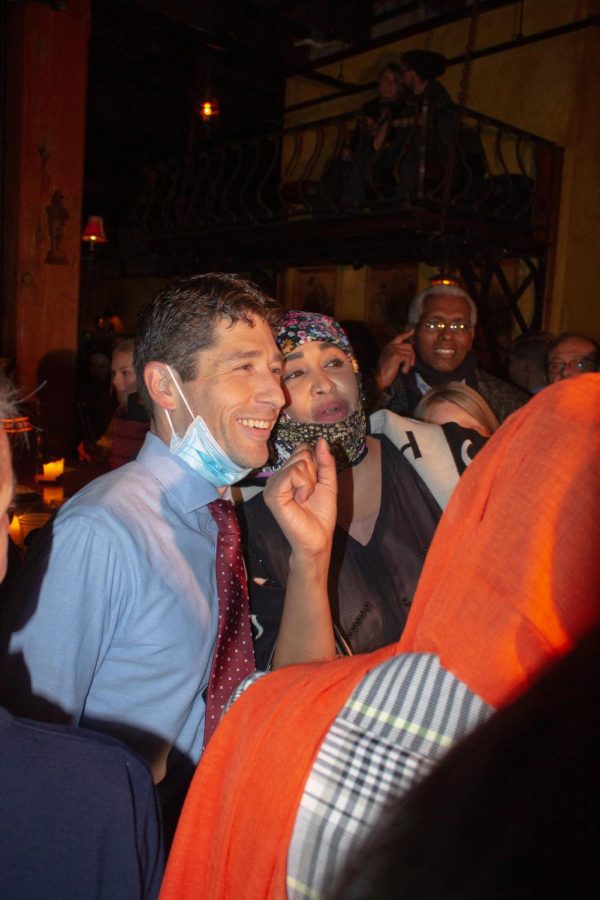
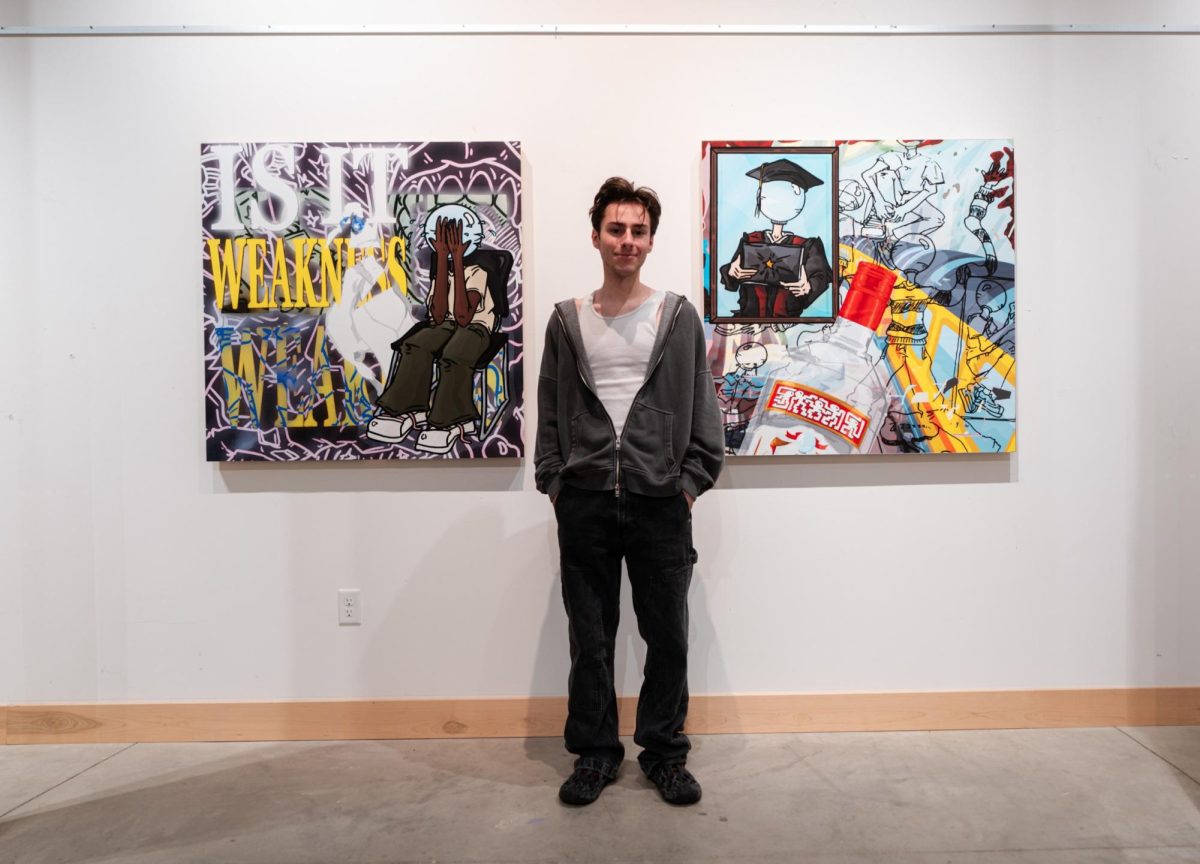

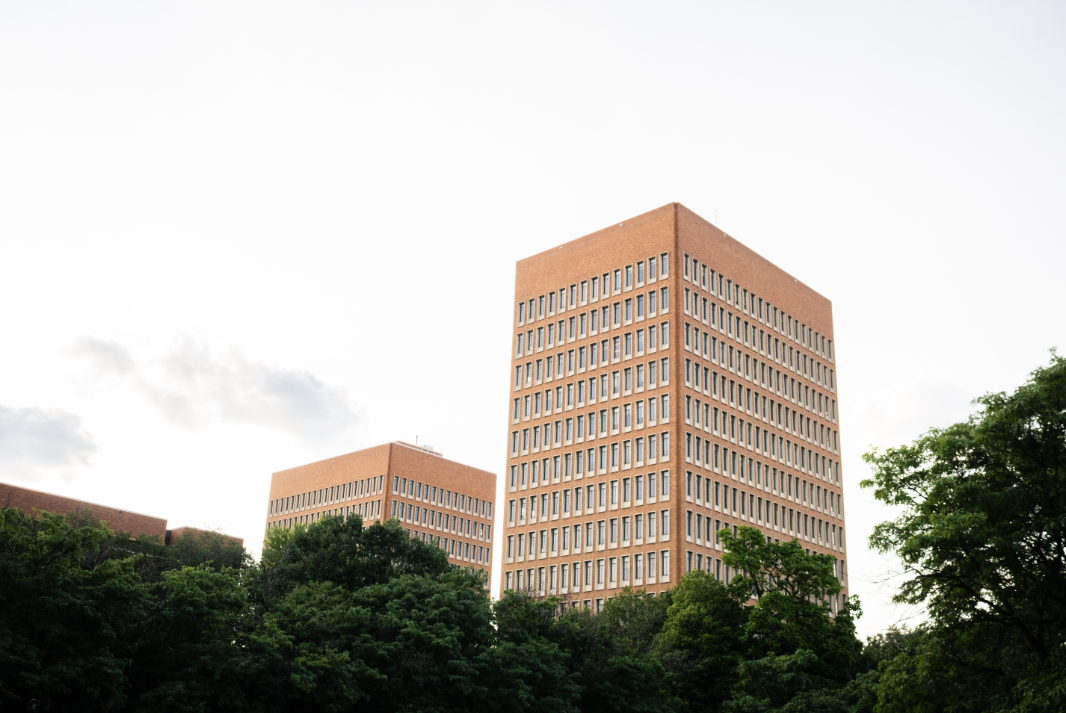
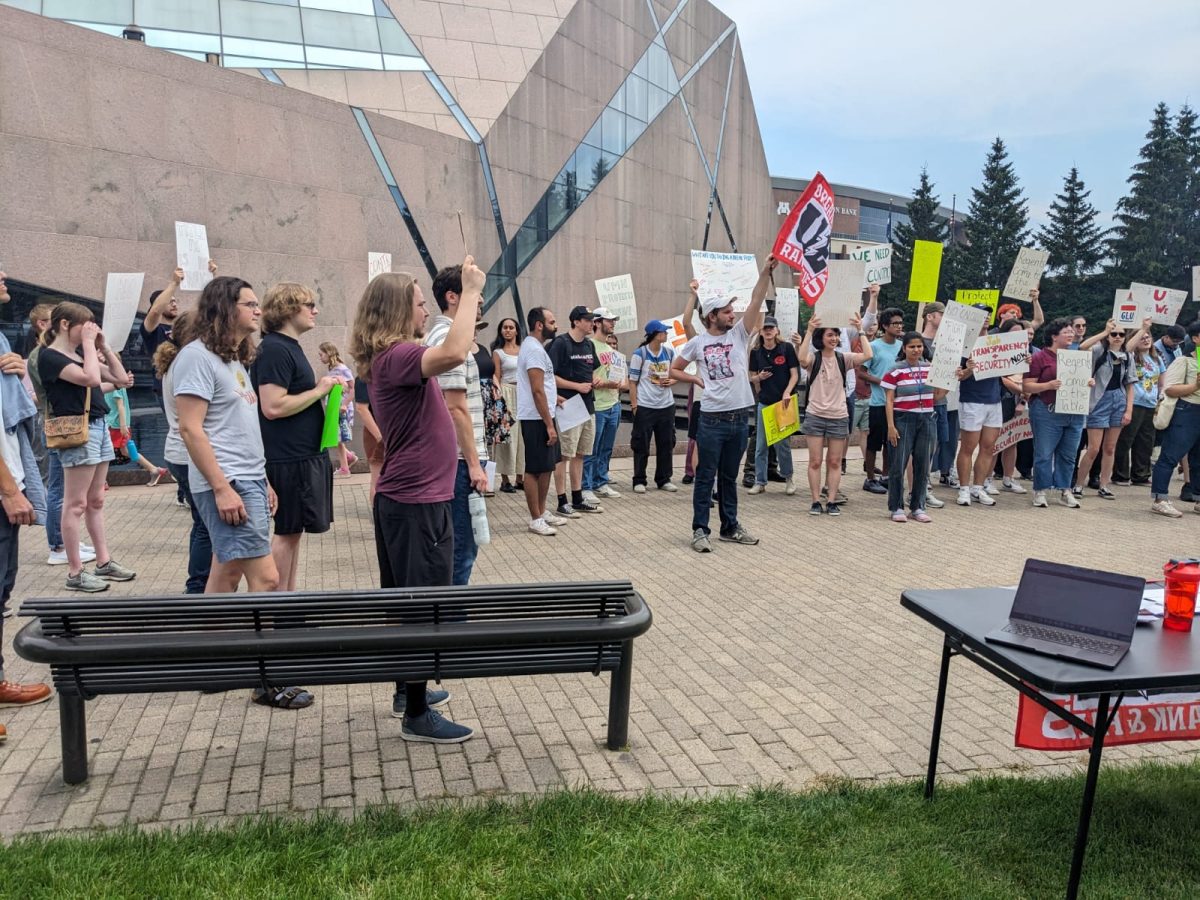

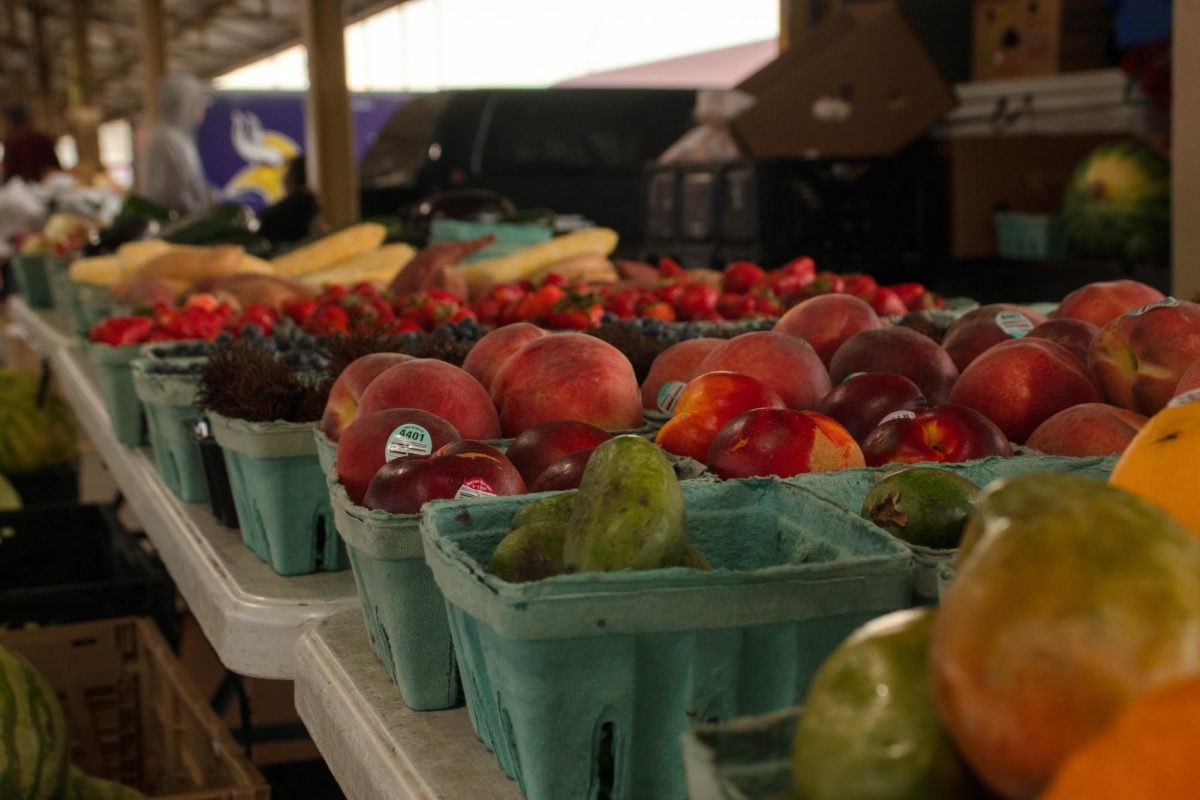

rockinbach
Dec 10, 2022 at 4:12 pm